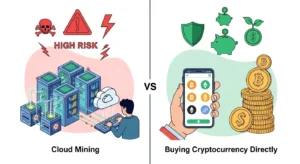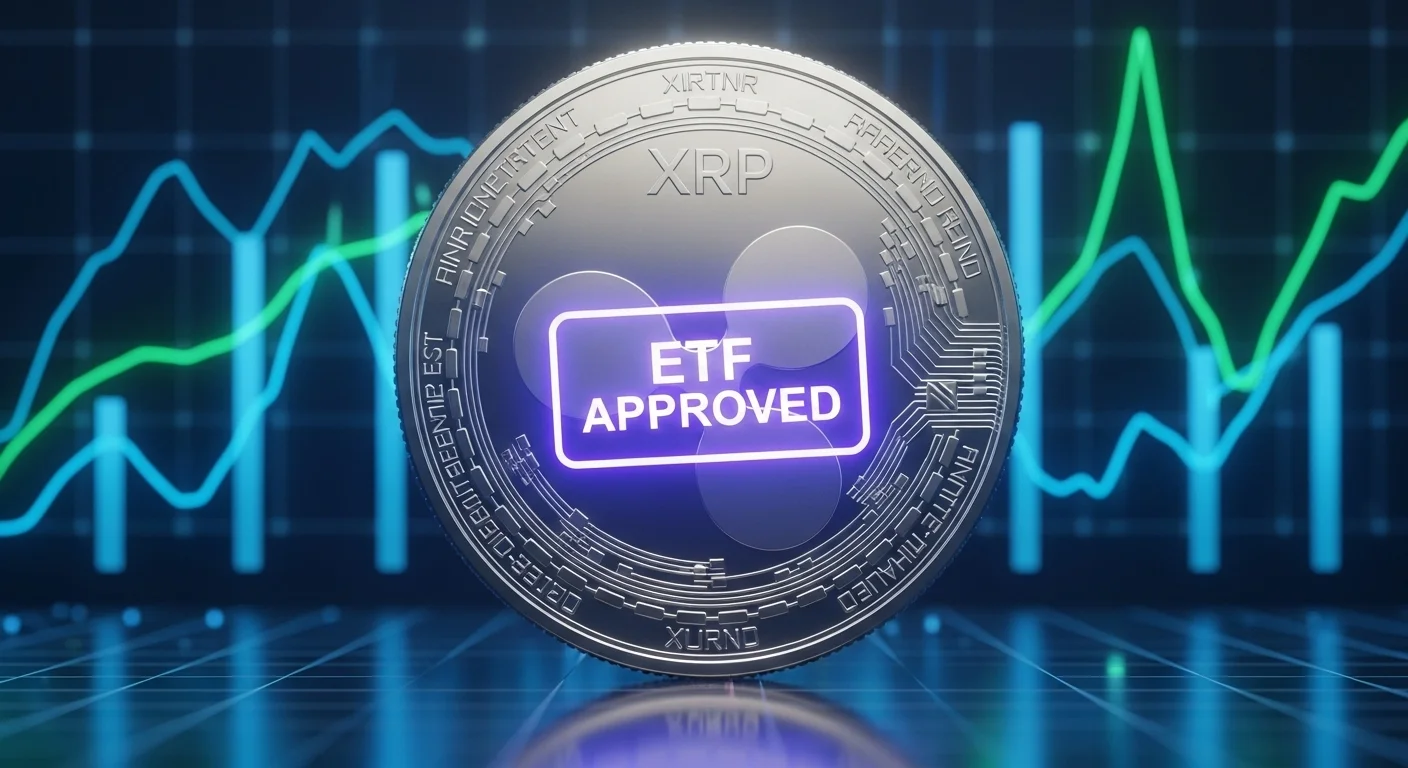Genesis Mining Review: Profitability, Legitimacy & Risks Explained
Introduction to Genesis Mining
Genesis Mining is a well-known cloud mining platform that allows users to participate in cryptocurrency mining without owning expensive hardware. Founded in 2013, it quickly became one of the leading companies offering cloud mining contracts for Bitcoin and other cryptocurrencies. Cloud mining means leasing hashing power from a remote data center, eliminating the need to manage physical mining rigs, electricity costs, or cooling systems. Over the years, Genesis Mining has supported popular cryptocurrencies like Bitcoin, Litecoin, Dash, Monero, and Zcash, catering to both new and experienced investors.
Cloud mining offers convenience, but it also requires understanding the fees, contract terms, and potential risks involved. Users looking for a hands-off approach are drawn to services like this, but it is crucial to evaluate profitability and legitimacy before investing.
How Genesis Mining Works
The company operates by selling mining contracts that allow users to rent hashing power. Instead of purchasing and maintaining mining hardware, users pay for a contract that determines the amount of hash rate they will receive. The provider then mines cryptocurrency on behalf of the user, and earnings are distributed according to the contracted hash power.
The platform charges maintenance fees to cover electricity, cooling, and hardware management costs. These fees directly affect profitability. Higher hash rates and lower fees can increase returns, while rising difficulty or maintenance costs can reduce profits. Historically, the service has provided detailed dashboards so that users can monitor contract performance and payouts.

Contracts vary by cryptocurrency, duration, and hash rate, making it essential for users to calculate potential returns before committing. Understanding these dynamics is key to assessing whether this mining service can be a profitable investment.
Genesis Mining Profitability Analysis
Profitability is one of the most important factors for anyone considering cloud mining. Several elements influence earnings, including maintenance fees, the mining difficulty of the selected cryptocurrency, and the market price of the mined coin. A typical Bitcoin mining contract may show attractive returns during a price surge, but fees and network difficulty can quickly reduce actual earnings.
To evaluate potential returns, users can use cloud mining calculators that account for contract hash rate, electricity costs, and current cryptocurrency prices. It is also useful to compare earnings from this service with simply buying Bitcoin or other cryptocurrencies directly. While cloud mining eliminates hardware management, the long-term returns may be lower due to ongoing fees and fluctuating market conditions.
It is important to note that contracts are structured to provide consistent, albeit sometimes modest, returns. Investors must understand that crypto prices and mining difficulty can impact earnings significantly.
Legitimacy and Trustworthiness
Concerns about legitimacy are common when evaluating cloud mining platforms. This provider has been in operation since 2013 and maintains real data centers in Iceland, Bosnia, and Canada. These facilities handle the mining process, providing transparency about where and how mining occurs.
However, like any service, it has faced complaints from users regarding payouts, account issues, and customer support. While many users report successful earnings, negative reviews often dominate discussions on forums and review platforms. Scam allegations have been raised, but the company maintains that it operates legitimate mining farms and provides real services to its users.

Understanding both positive and negative experiences is essential. Prospective investors should research user reviews, contract terms, and company updates before making a decision.
Current Status of Genesis Mining in 2025
As of 2025, this cloud mining platform is no longer selling new contracts for certain cryptocurrencies. Existing contracts continue to operate, but potential investors may find options limited. The company’s data centers in Iceland, Bosnia, and Canada remain operational, supporting ongoing mining activity.
Recent announcements indicate that the service has adjusted its contract offerings to focus on profitable operations. Users are encouraged to check the current availability of contracts and review any changes to maintenance fees or mining pools before investing. Staying informed about the latest developments ensures that users make well-informed decisions regarding their cloud mining activities.
Risks of Cloud Mining
While cloud mining offers convenience, it carries several risks. Maintenance fees, declining hash rates, and contract expiry can reduce profitability. Additionally, cryptocurrency markets are highly volatile, and sudden price drops can affect earnings.
Security risks are also present. User accounts may be targeted by hackers, and phishing scams in the crypto space are common. Platforms like this are sometimes scrutinized for payout delays or mismanagement. Understanding these risks is essential for anyone considering a cloud mining investment.
Investors should approach cloud mining cautiously, calculate potential returns using reliable tools, and avoid committing funds they cannot afford to lose.
Alternatives to This Service
Investors hesitant about this platform have several alternatives. Other cloud mining services may offer similar contracts with better support or lower fees. Some investors prefer self-hosted mining, where they maintain physical hardware and control the entire process. Buying cryptocurrency directly remains the simplest way to gain exposure without the complexities of mining contracts.
When evaluating alternatives, consider factors such as contract fees, historical performance, user reviews, and overall market credibility. Diversifying investment strategies can help mitigate risks associated with cloud mining.
Frequently Asked Questions
Is this cloud mining service profitable in 2025?
Profitability depends on contract terms, fees, and cryptocurrency prices. Users should calculate expected returns using cloud mining calculators.
Can I trust this provider?
The company operates legitimate data centers, but complaints about payouts and customer support exist. Conduct thorough research before investing.
What cryptocurrencies are supported?
Historically, the service has supported Bitcoin, Litecoin, Dash, Monero, and Zcash. Current contract availability may vary.
How do I calculate ROI?
Use online calculators that include hash rate, contract duration, maintenance fees, and current cryptocurrency prices.
Unique Insights
Cloud mining also has environmental considerations. Large data centers consume significant electricity, which has a carbon footprint. Investors concerned with sustainability should factor this into their decision.

Looking ahead, the future of cloud mining is uncertain. Increasing difficulty, higher energy costs, and evolving cryptocurrency markets may influence the viability of platforms like this. Beginners should approach cloud mining cautiously and consider combining it with other investment strategies for better risk management.
Conclusion
Genesis Mining offers a convenient way to participate in cryptocurrency mining without owning hardware. It provides access to multiple coins and structured contracts that simplify mining for users. However, fees, market volatility, and reported user issues can affect profitability and trustworthiness.
Investors interested in Genesis Mining should research current contract availability, calculate potential returns, and weigh risks carefully. For some, it remains a suitable option for hands-off mining, while others may prefer direct cryptocurrency purchases or alternative cloud mining services.








Post Comment